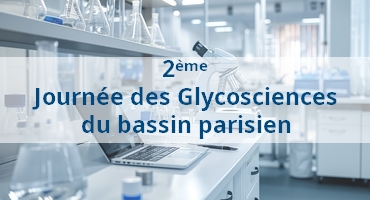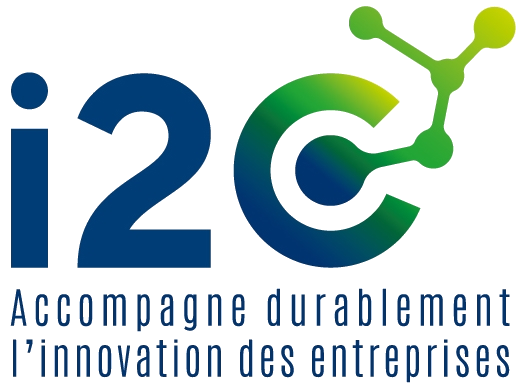Journée des Glycosciences du bassin parisien

La 2ème Journée des Glycosciences du bassin parisien s'est déroulée le 5 juin 2025 à Paris, regroupant les acteurs de la glycochimie et de la glycobiologie autour de conférences et de posters.
A l'occasion de cette rencontre, le Dr Élodie MATHIEU-RIVET, qui représentait le Laboratoire GlycoMEV, a donné une conférence intitulée :
« Fine-tuning the N-glycosylation of recombinant human EPO using Chlamydomonas reinhardtii mutants. »
Élodie Mathieu‐Rivet, Savignien Leprovost, Carole Plasson, Juliette Balieu, Marie-Laure Walet-Balieu, Muriel Bardor, Patrice Lerouge
Résumé :
Microalgae are considered as attractive expression systems for the production of biologics. As photosynthetic unicellular organisms, they do not require costly and complex media for growing, and are able to secrete proteins and perform protein glycosylation (1). Some biologics have been successfully produced in the green microalgae Chlamydomonas reinhardtii. However, post-translational modifications like glycosylation of these Chlamydomonas-made biologics have poorly been investigated so far. Therefore, we reported on the first structural investigation of glycans linked to human erythropoietin (hEPO) expressed in a wild-type C. reinhardtii strain and in mutants impaired in key Golgi glycosyltransferases (2). The glycoproteomic analysis of recombinant hEPO (rhEPO) expressed in the wild-type strain demonstrated that the three N-glycosylation sites are 100% glycosylated with mature N-glycans containing four to five mannose residues and carrying core-xylose, core-fucose and O-methyl groups (Figure 1). Moreover, expression in C. reinhardtii insertional mutants defective in XYLOSYLTRANSFERASES A and B and FUCOSYLTRANSFERASE resulted in drastic decreases of core-xylosylation and core-fucosylation of glycans N-linked to the rhEPOs, thus demonstrating that this strategy offers perspectives for humanizing the N-glycosylation of the Chlamydomonas-made biologics.
Participation de Élodie Mathieu-Rivet
![]()




 Adresse : 1er étage Bâtiment CURIB, Place E. Blondel, UFR Sciences et Techniques - Université de Rouen Normandie, F-76821 Mont Saint-Aignan CEDEX France
Adresse : 1er étage Bâtiment CURIB, Place E. Blondel, UFR Sciences et Techniques - Université de Rouen Normandie, F-76821 Mont Saint-Aignan CEDEX France Téléphone Secrétaire administrative : +33 (0)2 35 14 63 56
Téléphone Secrétaire administrative : +33 (0)2 35 14 63 56 E-mail Secrétaire administrative :
E-mail Secrétaire administrative : 

